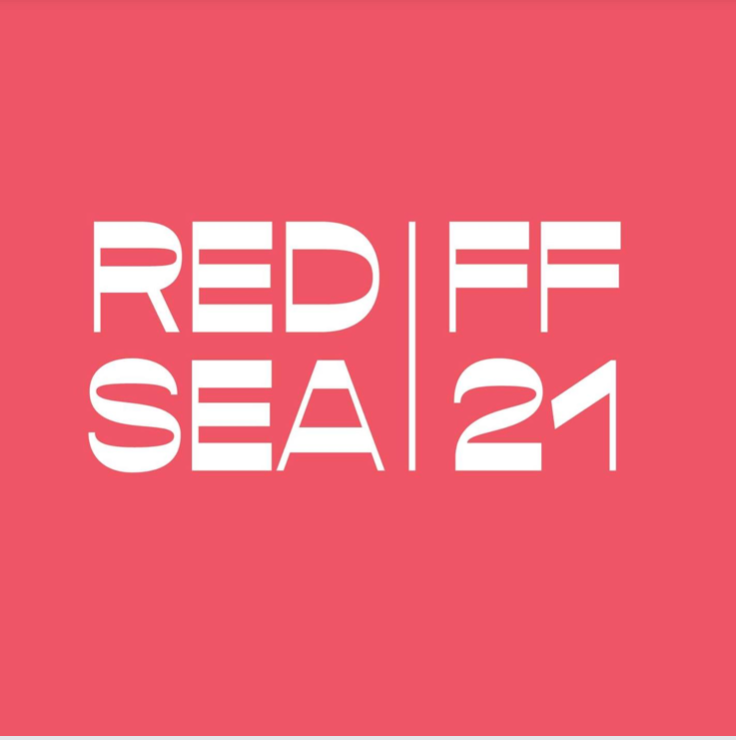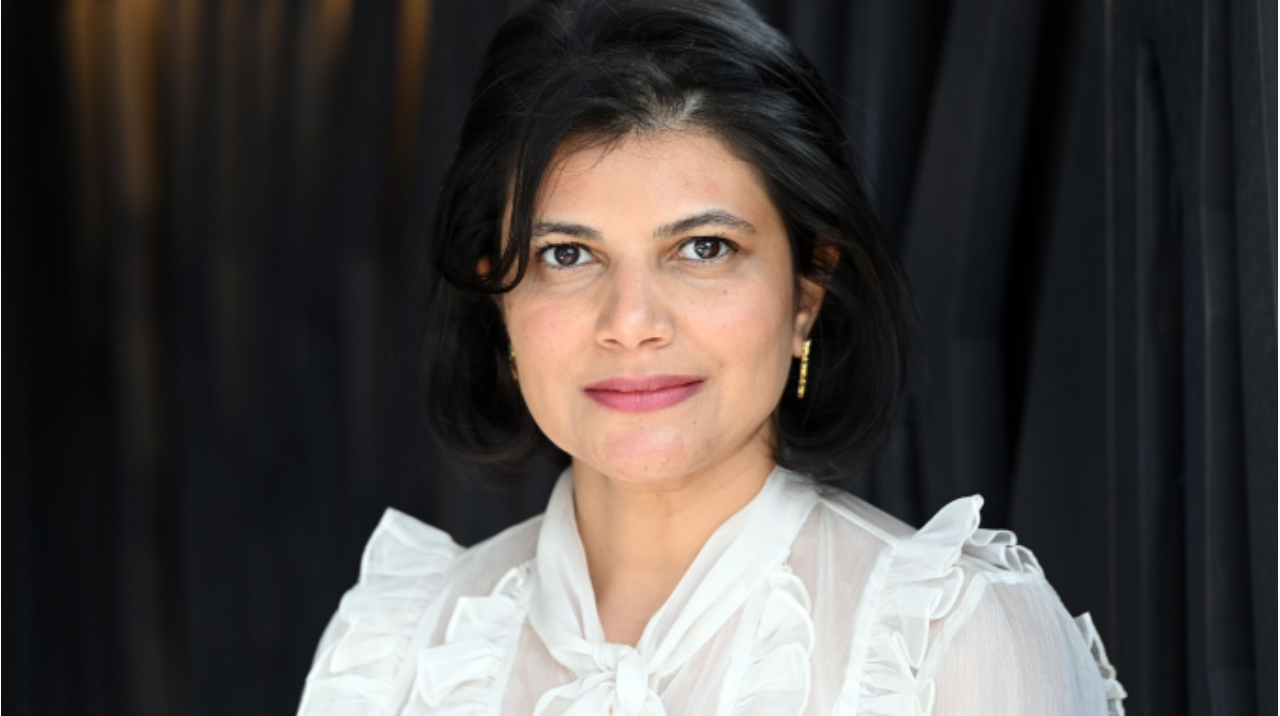The Red Sea International Film Festival’s first edition, held at the moment of the onset of the Omicron Version of COVID was an all-out success. The graciousness of the people, the optimism of the youth who in five years have witnessed the doors of freedom opening to them, and beauty of the location and of the cross-cultural melange of filmmakers from around the world but most particularly from the Middle East and Africa were a delight to all who participated in the event.
More than 115 films from 65 countries include the competition focused on films from Asia, Africa and the Arab world. There are seven features from Saudi Arabia, and 27 Saudi films in total including the shorts. Of the Saudi short films, eight of 18 are by women, and in the Saudi feature film lineup , three of seven of the features are by female directors. The industry has a lot to uncover.
Shivani Pandya, the head of the festival who previously so successfully headed the Dubai Film Festival for its 14 year lifetime points out, “the Saudi market is growing and has huge promise. There is a population of more than 33 million people, and more than 2,400 screens are planned in the next few years alone. [There are also a growing number of international film projects shooting in the country, including horror movie Cello starring Jeremy Irons and upcoming Gerard Butler action pic Kandahar].”
I would like to add that 70% of the population in the Middle East is under 30 and in Africa 70% is under 25. This gives a very optimistic view of the future as the youth is eager to engage with the international world.
Aside from the Festival, there was the Souk (Market) with works in progress and pitching works yet to be begun. Although most of the American delegates slated to appear on some of the 10 panels designed by Paul Federbush opted out because of Omicron’s sudden unpredictable appearance, the French were there “en force” and the embassies of UK, Germany, Italy and France held opulent receptions for visitors to the festival.
Well, the British reception was not actually opulent. A busload of those who attended the festival was delivered to a heavily barbed-wire, concrete enclosed tennis court which resembled a prison yard where we were able to get alcoholic drinks and finger food from 7pm to 10pm when they closed it down and shepherded us all out. The next night the Germans invited us to a beautifully manicured lawn, poolside with delicious food and beer and wine and the following night the Italians invited us to an even more sumptuos feast in the compound for foreign visitors, with a gigantic grounds, food-laden tables offering pastas, desserts including gelatos, wine and no closing time. There the filmmakers whose films were shown at the festival to full houses or as works in progress in the Red Sea Souk for the film industry invitees met and mixed with the industry and Saudi citizens after the day’s back-to-back meetings. Congratulations were extended to the winners.

Red Sea Souk featured four days of industry talks, workshops, an active project market and networking sessions. All films in the Red Sea Souk were eligible for awards and were deliberated on by two separate juries for the Project Market and the Works-in-Progress to grant the Red Sea Souk Awards.
The market venue next to the main festival hub in Jeddah’s old quarter of Al Balad, hosting works in progress, one on one meettings and round table networking sessions was followed by the festival’s two-day Talent Days event. Running December 12 and 13, in partnership with the MBC Group, the aim is to foster the next generation of Saudi film professionals. Yours truly gave the kick-off presentation introducing the audience to the international film circuit with pointers about how to get into the business of film pitching, marketing, buying and selling. Each participant received an online reproducton of the presentation with live links taking them where they will need to go as they embark upon their film careers.
“It’s specifically for amateur filmmakers,” says Red Souk manager Zain Zedan. ”We wanted to create a program to open doors for them, to create opportunities. It’s like a series of smaller souk events — talks, workshops, masterclasses, and so on,”
”There’s a lot of interest. The pool is huge here in Saudi and the Gulf area. There’s a lot of talent,” she adds.
Although a handful of educational institutions across Saudi, such as Effat University, have started to offer filmmaking related courses there is no official film school in the country as yet, making events like Talent Days all the more important for youngsters wanting to go into film.
The event assumes a relatively low knowledge base with a trio of workshops tackling how the international film industry works; film criticism, covering both how to critique a film and how to receive criticism, and post-production.






No comments:
Post a Comment